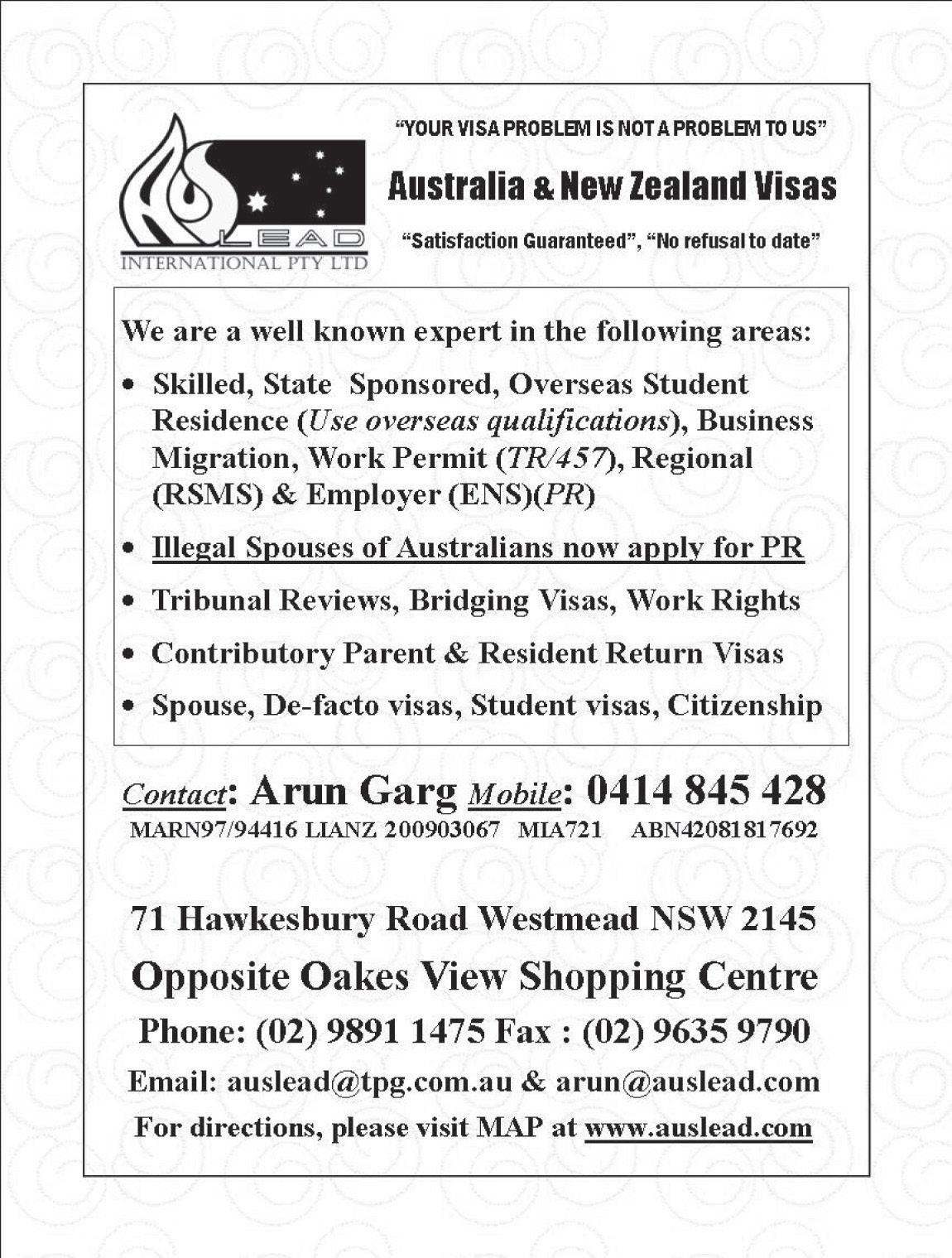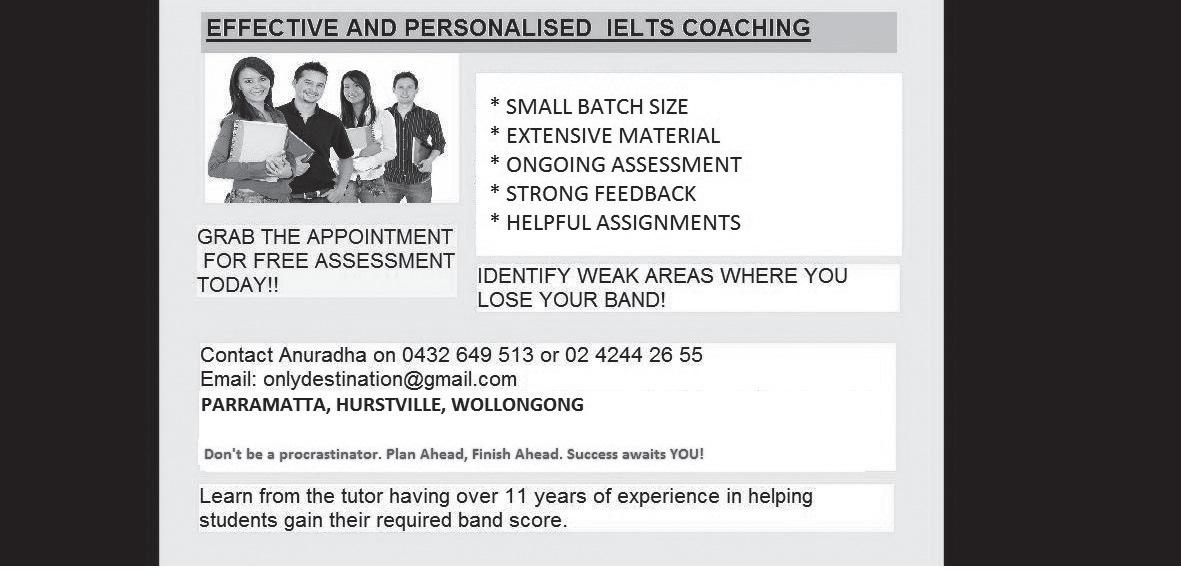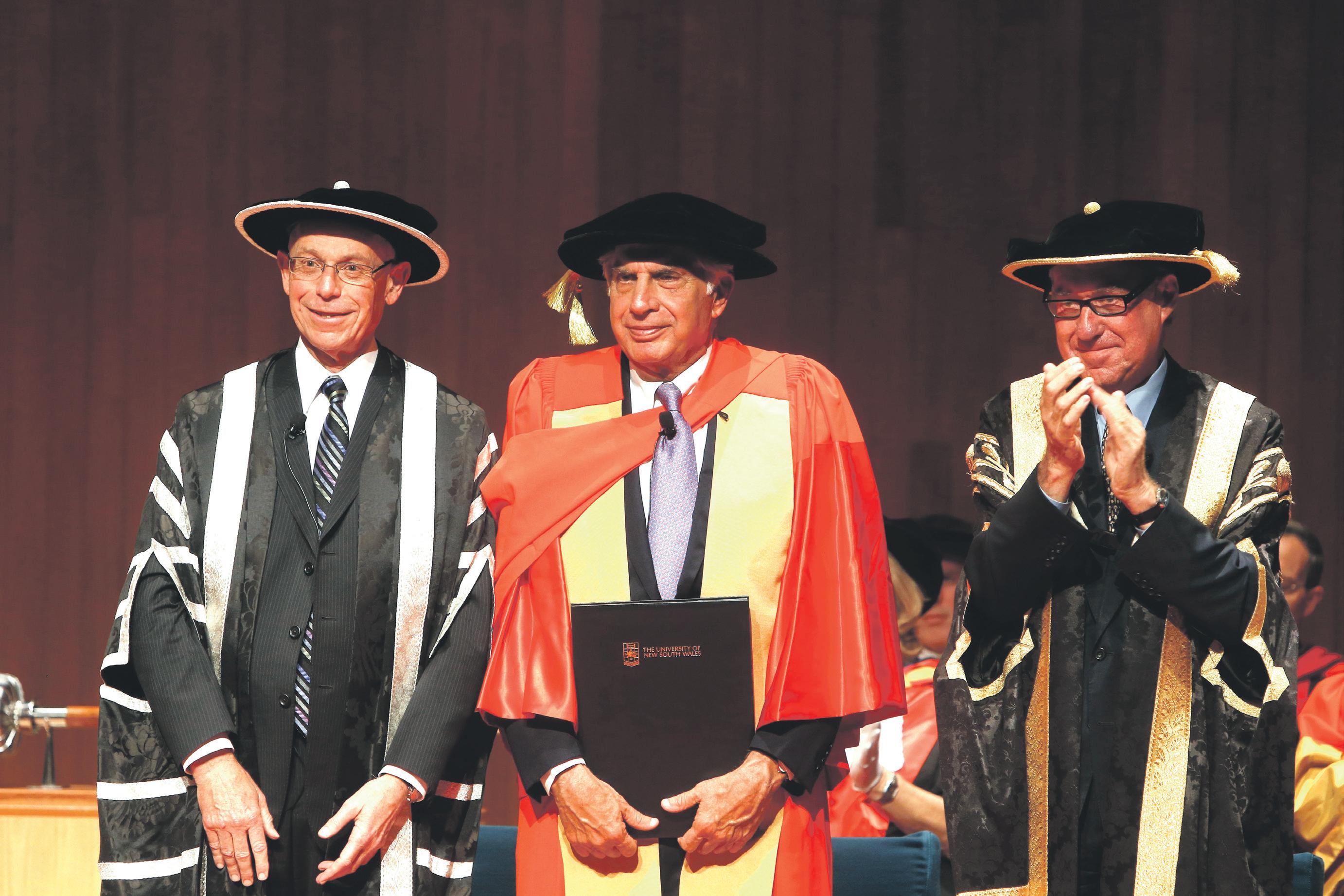
3 minute read
Ratan Tata conferred UNSW’s highest award
from 2012-12 Sydney (1)
by Indian Link
A respected industrialist and philanthropist, success has always been about the betterment of society for Tata
BY HASNAIN ZAHEER
Ratan Tata, chairman of India’s largest industrial conglomerate, the Tata group, was conferred with Doctor of Business Honoris Causa by the University of New South Wales in late November.
David Gonski, the university’s Chancellor awarded the degree in a glittering ceremony that was so well-attended by the alumni and the Australian-Indian community, the university had to change the venue to the largest auditorium on campus, which was filled beyond capacity.
Fred Hilmer, the university’s Vice Chancellor, read a citation that eulogized Ratan Tata’s contribution in service to the global community via advancement in technology, innovation and higher education. His hallmark was listed as his willingness to pursue bold ideas such as the launch of Indica, the people’s car in 1998; Nano, the $2000 car; the wave of acquisitions that include Jaguar, Land Rover and Corus; and his successful campaign in modernising the Tata Group. He was Forbes Asia Businessman of the Year 2004.
But the highest praise was reserved for his philanthropic activities. His family has been known to distribute their wealth to dozens of medical, educational and social causes, and Ratan Tata has accelerated the trend.
The formal ceremony was followed by the Wallace Wurth lecture, as part of which Tata was interviewed by both David Gonski and Fred Hilmer.
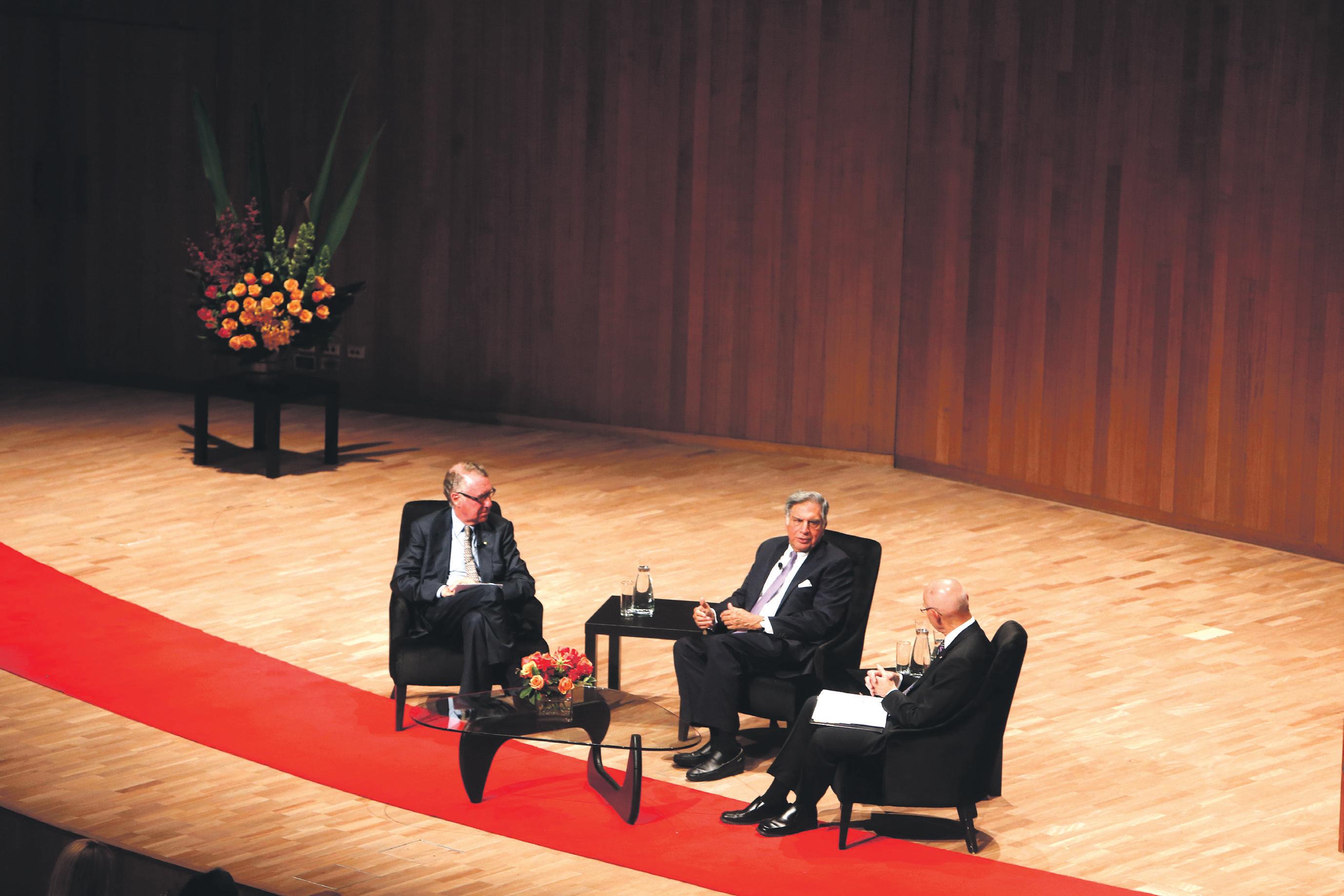
Talking about the Tata business dynasty that goes back to its founding in 1860, he talked about his unplanned entry into business. He had graduated as an architect and was working as one in Los Angeles when he was called back and asked to join the group. He worked for about 9 years on the coalface of business in the iron and steel works.
“Shovelling limestone on the production floor was a great leveller,” recalled the family heir.
Tata acknowledged that while he was initially pushed into the business by his family, it later became meaningful as he realised what he could achieve for the greater good of society through the business.
Talking of mentors, he mentioned JRD Tata, from whom he inherited the Tata empire. They had a common love of aviation. He also mentioned Dr Bose, the owner of the legendary audio company.
He listed his biggest achievement as streamlining the group.
When he inherited the group in 1991, the Tata Group was a loose confederation of over 300 companies that he consolidated into 9 major groups. One of the major initiatives that he used was to build a common identity for the group companies on the basis of quality and common standards.
His biggest contribution is leading the group from a conservative to a growth-oriented business group.
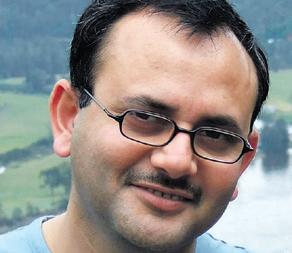
Ratan Tata has helped the group hold on to the values and ethics as the cornerstone of this empire. He was proud that in an age of deteriorating values, he has kept the group firmly on the side of integrity. “My goal was that we will not succumb to any corruption; I wanted to go home at night and be proud of what we had done,” he said, sharing his personal ideals with the rapt audience.
Only 2% of the group is owned by the family, and the rest of the equity is held by various charitable trusts. Tata received immeasurable satisfaction in continuing the tradition of caring for the communities in which they operate.
Talking about the AustraliaIndia business and economic relationship, he mentioned that
Australia has developed advanced technology in many areas, and India seeks some of it. In return, Australian business could tap into the 350 million (soon to be 500600 million) strong middle class.
He emphasized the role of students in building bonds between countries, going back to his fondness for the USA after he studied and briefly worked there. Free trade agreement, exchange of students and internships is his three-pronged solution to put our bilateral relationship to the next level.
Tata answered questions from the audience with a great sense of humour that had the audience in splits several times. He shared his learning, views and opinions on a range of subjects from business, democracy, role of women, education etc. He asked young people, especially women, to get the best possible education and to hold their ideals high in their career, and this will lead to success. He also acknowledged that meritocracy was more important in the world rather than concept of quotas; quotas can create disadvantaged groups out of advantaged groups, he said.
The conferral of UNSW’s highest award to Ratan Tata is an apt conclusion to an illustrious career during which he revived India’s most respected industrial group and continued to shine a light for India’s entrepreneurs and business people, on how to uphold values and work for society’s greater good. Ratan Tata retires on December 28.
